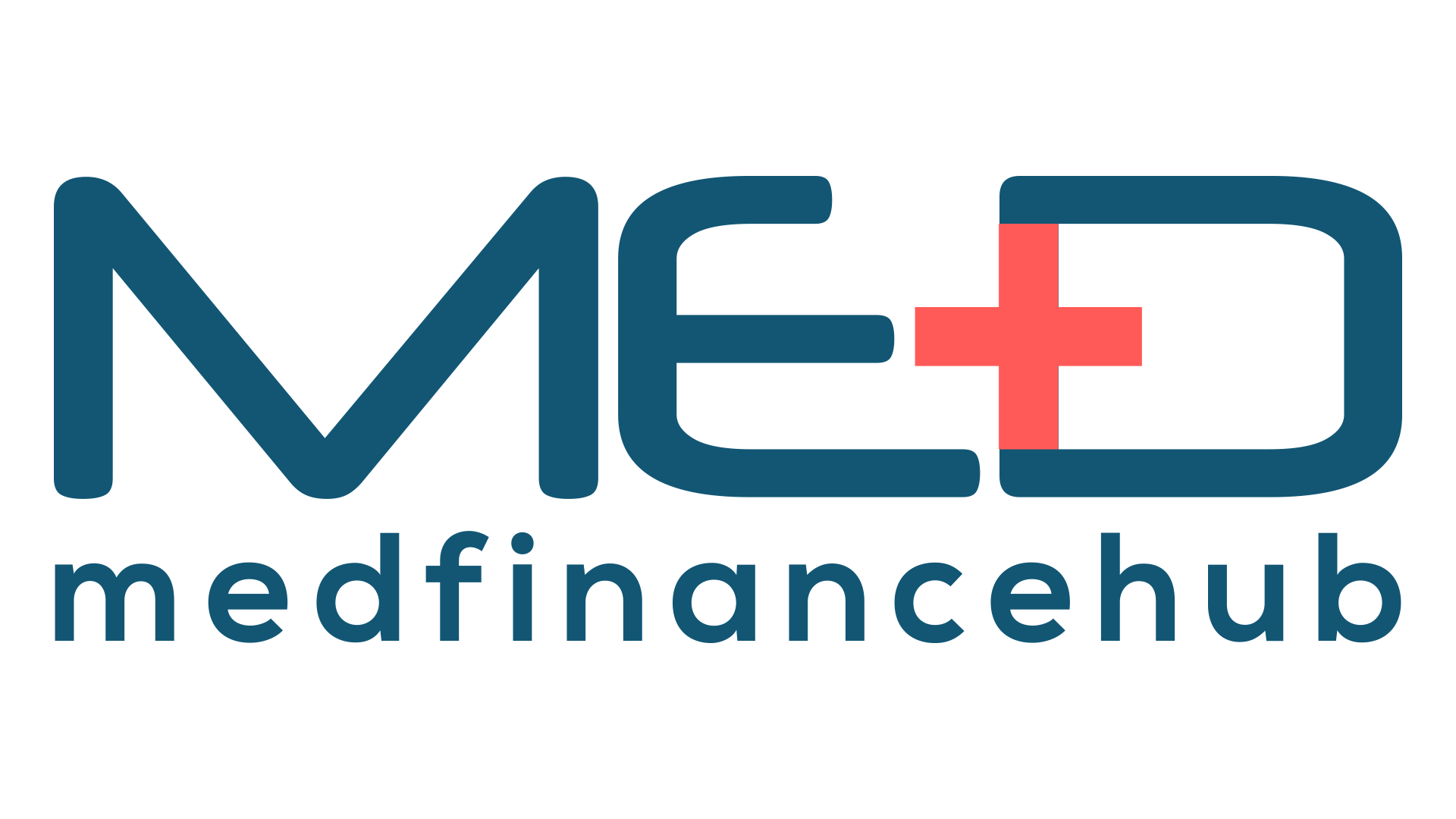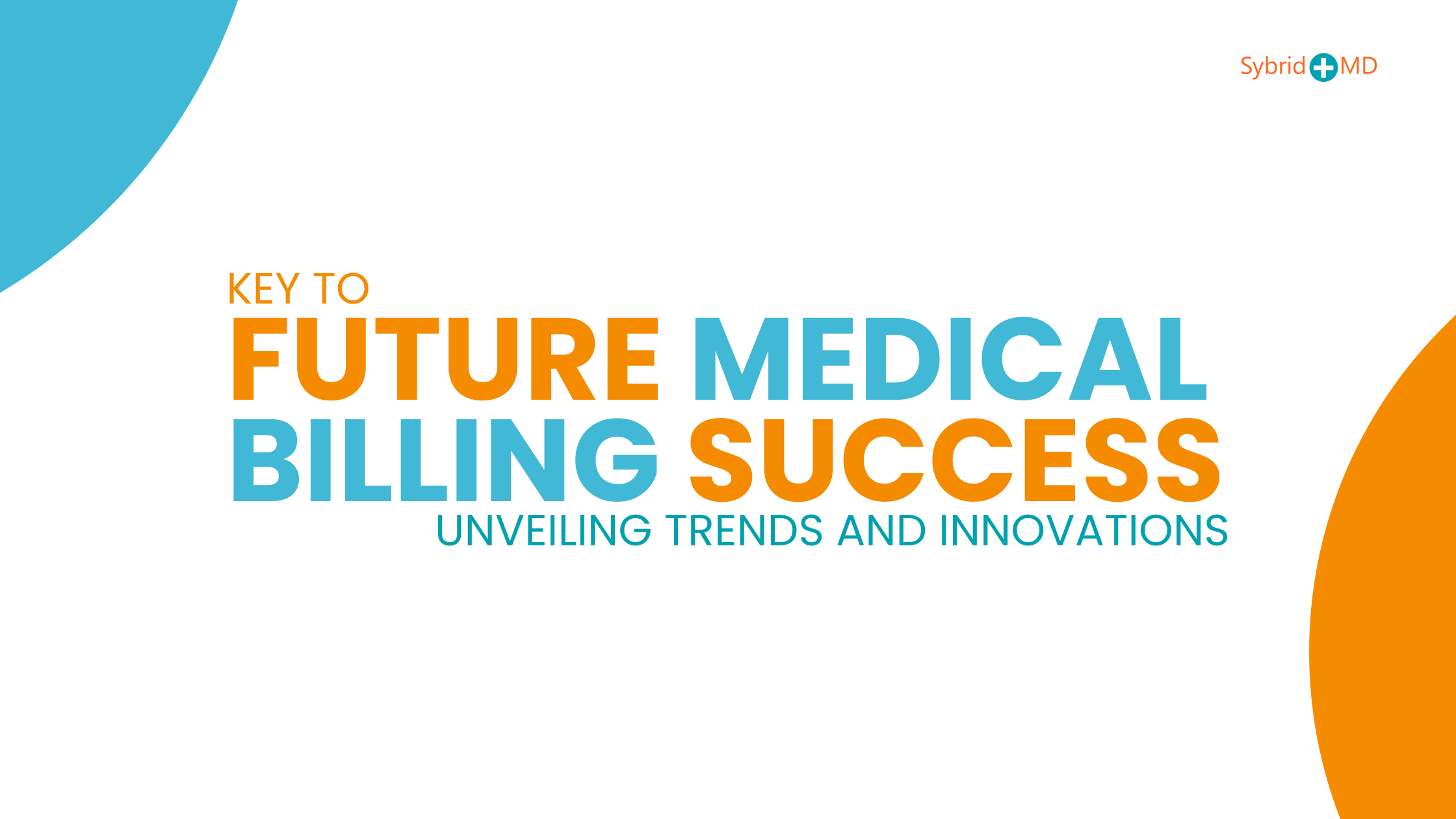Current medical billing is experiencing significant changes. Due to new technology, there is a demand for accurate and patient-friendly insurance claims processing. We must examine current medical billing technology because it is transforming how healthcare organizations earn money. Let’s explore the trends and technologies that define the future of medical billing.
The Power of Integrated Electronic Health Records (EHRs)
Digital medical records anchor today’s healthcare system and help with billing essential functions. Medical offices that link patient data universally make billing more precise and stop errors from separate healthcare records. EHR systems offer complete treatment data that speeds up coding work and lets healthcare providers submit claims more efficiently.
EHRs provide live data exchange that removes delays from medical claims processing steps. They help medical offices create correct codes by gathering all treatment information, which reduces billing errors. Automated data retrieval minimizes manual input, saving time and significantly cutting down on errors. Read down the EHR benefits:
|
Feature |
Benefit |
|
Real-time Data Sharing |
Reduces billing errors and delays |
|
Comprehensive Patient Histories |
Enhances coding accuracy |
|
Automated Data Retrieval |
Minimizes manual input and errors |
AI And Machine Learning In Billing
AI systems have evolved the medical billing process by taking over repeatable tasks from claim submissions to coding and patient follow-up tracking. With AI technology, patient data receives accurate code assignment, which reduces errors and makes the billing process work faster.
Through AI technology, providers can study historical claims to see future rejection trends and develop more effective billing plans. Machine learning algorithms help create better claims and codes that lead to lower expenses and better money results for hospitals. Automation ensures cost efficiency by eliminating the need for manual processes.
- Predictive Insights: AI systems detect common claim problems to forecast patient rejects and enhance healthcare monetization methods.
- Improved Accuracy: The most used machine learning algorithms ensure medical coding accuracy and maintain efficient claim processing for securing the patient’s data and also for their checkup procedure.
- Cost Efficiency: By using automation companies can cut their expenses since they need less human staff to do routine work.
The application of AI also includes chatbots and virtual assistants to handle patient queries, improving response times and overall patient satisfaction.
Blockchain Technology: Securing Billing Systems
Medical billing processes gain exceptional protection and visibility with blockchain technology. The blockchain creates an unchangeable record system that protects billing activities and builds trust between healthcare providers while preventing fraud.
The decentralized format of blockchain limits access to patient details, so only authorized medical team members can view them. The blockchain system helps providers and payers track medical payments with full visibility. Fraud prevention is another significant benefit, as the technology validates every entry to ensure its authenticity.
|
Blockchain Advantages |
Impact on Medical Billing |
|
Enhanced Data Security |
Protects sensitive patient information |
|
Transparent Transactions |
Builds trust among payers and providers |
|
Fraud Prevention |
Ensures accuracy and accountability |
Adapting to Telehealth and Remote Monitoring
The coding system for virtual consultations needs special attention and must follow specific payment rules that differ from standard practice. Healthcare providers require billing systems that can handle remote services while keeping the claims process fast and correct.
The delivery of remote healthcare through Telehealth needs specific billing methods that track both service duration and patient results. The process gets more complex when providers document their use of remote monitoring devices for proper financial reimbursement. Providers must also navigate state-specific regulations and payer requirements to avoid claim denials.
Value-Based Care: A New Billing Paradigm
Under value-based care systems, providers work to improve health results rather than just deliver more medical services. Medical services record both billing activities and how patients respond while also measuring the effects of treatment. Healthcare providers require advanced data analysis to track billing data and patient quality measures properly.
Healthcare billing software must be able to communicate with analysis tools to measure patient healthcare progress and show billing effects on treatment outcomes.
- Outcome-Oriented Billing: It helps health improvements and connect reimbursement with payments for better medical results.
- Data-Driven Decisions: Utilizes EHRs to measure care quality.
- Reduced Costs: Encourages preventative care to minimize expensive treatments.
The Role of Predictive Analytics
Machine learning and predictive analytics power the best billing systems of tomorrow. Looking at how patients make payments allows us to forecast our finances more accurately.re-proof billing solutions. These technologies leverage historical data to:
- Predict claim outcomes and minimize rejections.
- Optimize billing workflows for faster reimbursements.
- Analyze patient payment trends for better financial forecasting.
Predictive analytics finds problems in advance which helps protect revenue streams and optimize billing process quality. Healthcare organizations can make informed decisions about staffing, resource allocation, and patient engagement strategies.
Patient-Centric Billing Experiences
Healthcare organizations adopt patient billing practices to help patients understand their costs better and receive better service. The health providers now focus on simplifying medical bills with flexible payment methods and helpful customer service to better serve patients. The simple way we handle billing, combined with our multiple payment choices and exceptional service, makes it easier for patients to pay their expenses.
Medicine teams that follow these methods create a better environment for patients to work with their doctors to achieve positive health results. Clear billing statements make patients trust healthcare providers better and believe in their care. Healthcare centers enhance trust levels when they support various payment methods through online platforms and payment plan options. Patients need to know all treatment expenses so they can make better healthcare choices based on clear cost information.
Innovations in healthcare billing create outcomes beyond happier patients. These patient-first methods help medical organizations lower billing conflicts and raise their money collections. Patients who can read and pay their medical bills will make payments on time. The direct billing process creates better financial ties between healthcare customers and providers while making the organization more successful. Medical facilities showing patients their medical bills clearly build patient trust and stand out in their competitive healthcare field. By focusing on both medical and financial patient well-being, our organization delivers superior healthcare services.
|
Patient Billing Innovations |
Benefit to Patients |
|
Clear and Concise Bills |
Reduces confusion and disputes |
|
Flexible Payment Plans |
Increases affordability |
|
Proactive Communication |
Resolves billing issues quickly |
Regulatory Compliance and Cybersecurity
Today’s advanced billing technologies need to follow continuously changing legal rules. The combination of current coding knowledge and secure systems works as a shield to protect patient data and shield from legal fines.
- Taking rules seriously protects your organization from fines and helps patients and payers trust you.
- Regular audits check system performance and ensure compliance while advanced encryption keeps patient information safe.
- To effectively manage new security threats organizations need to upgrade their cybersecurity practices with each new technology development.
Conclusion
Medical billing will succeed when healthcare organizations use advanced tools to serve patients better. Healthcare providers need to quickly adopt new billing technologies to stay competitive but must also keep patient information safe through proper data management.
Healthcare providers need medical billing as both a standard practice and strategic choice to evolve their services and reach positive results for everyone involved. Healthcare facilities that use modern tools achieve better finances and organizational efficiency which lets them deliver better patient service.
Frequently Asked Questions (FAQs)
What are the primary technologies driving the future of medical billing?
AI blockchain EHRs and predictive analytics power medical billing improvements through better accuracy security and efficiency.
How does AI improve the medical billing process?
AI uses artificial intelligence to handle claim submissions and coding while reducing mistakes and predicting future decisions to improve billing operations and reduce denied payments. Read more benefits of AI in Healthcare Billing here.
What is the role of blockchain in medical billing?
Blockchain technology provides secure medical transactions because each entry in its unchangeable record system protects patient data and stops fraudulent activities.
Why is telehealth billing considered complex?
The Complexity of Telehealth Billing is because the providers who offer telehealth services need to use special telehealth billing codes while meeting multiple state laws and rules. The system has payment plans that match telemedicine and remote patient monitoring services.
What is value-based care, and how does it impact billing?
Value-based care measures success by how well patients improve rather than by patient numbers. Healthcare providers must connect their billing system to patient satisfaction surveys and health quality measurements.
How can predictive analytics benefit medical billing?
The use of predictive analytics ensures better revenue performance by showing future claim results while making workflow better and predicting how patients will pay their bills.
How does patient-centric billing improve the healthcare experience?
Patient-centric billing simplifies the billing process by showing clear costs to patients and supports multiple payment options while connecting with patients to solve their financial questions.
What are some future-proof billing solutions?
The future will see artificial intelligence handle administrative work while blockchains secure patient records plus data analysis predicts costs and fits telemedicine requirements.
How can providers stay ahead in the evolving billing landscape?
Medical services providers can build their competitive edge by embracing innovative tools and following requirements while concentrating on serving patients effectively as well as making their operations more efficient.

